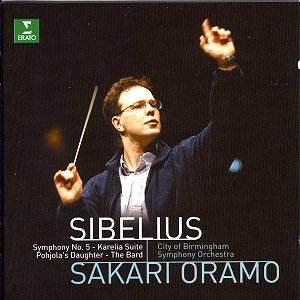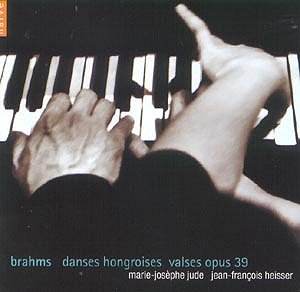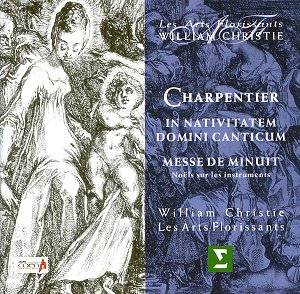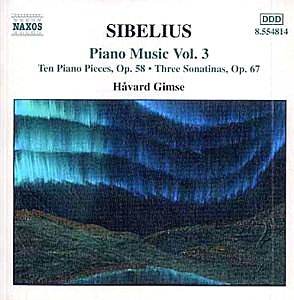 Composer: Jean SIBELIUS (1865-1957)
Composer: Jean SIBELIUS (1865-1957)
Works: Symphony No. 5 in E flat, Karelia Suite, Pohjola’s Daughter, The Bard
Performers: City of Birmingham Symphony Orchestra, conducted by Sakari Oramo
Recorded: 17-19 April 2001, Symphony Hall, Birmingham
Label: ERATO 8573-85822-2
Duration: [66.29]
In this captivating recording, the City of Birmingham Symphony Orchestra, under the dynamic direction of Sakari Oramo, presents a compelling interpretation of Sibelius’s Symphony No. 5 alongside a selection of his other orchestral works. This release, part of an ongoing Sibelius cycle, showcases Oramo’s burgeoning interpretive voice, notably in a repertoire rich with nationalistic fervor and existential depth.
Oramo’s approach to the Fifth Symphony reveals an elemental urgency, a trait that permeates much of Sibelius’s oeuvre. The symphony’s opening, marked by the enigmatic horn call, materializes rather than merely starts, establishing an atmosphere of expectancy. This choice underscores Oramo’s inclination to push the music forward with an almost primal drive, demonstrating a clear understanding that Sibelius’s landscapes are as much about the journey as the destination. While this urgency may occasionally compromise the atmospheric richness that characterizes other interpretations, it is offset by the careful delineation of phrases and dynamic contrasts that Oramo engenders.
The interpretation unfolds with a notable moment at 2’16”, where Oramo accelerates the tempo, an audacious decision that initially disrupts conventional expectations but ultimately proves effective as the trumpet theme emerges at 2’36”. This flexibility in tempo reveals the conductor’s keen instinct for dramatic pacing, aligning with Sibelius’s own sometimes unpredictable structural choices. The solitary bassoon solo at 5’22” is a particularly poignant moment, where Oramo’s attention to detail shines through, capturing the symphony’s introspective qualities with a vivid clarity that speaks to the listener’s imagination.
The scherzo moment, heralded by a monumental ascent, exemplifies Oramo’s ability to drive the music towards its climactic peaks. The urgency of the ‘Presto’ section, characterized by a crescendo of string tremolos, is thrilling, yet Oramo’s decision to maintain a sense of control amidst the fervor ensures that the music does not lose its artistic integrity. This section, along with the second movement, which Oramo deftly shapes into a lively ‘Allegretto’, benefits from his careful balance between vigor and lyricism. The pizzicato passages provide a taut underpinning to the woodwinds, allowing the movement’s hypnotic qualities to emerge without succumbing to sluggishness.
In the finale, Oramo integrates the swinging hymn-like theme from 1’44” into a grand narrative, gradually building to the symphony’s apotheosis at 5’30”. His willingness to backtrack on tempo to emphasize this moment adds an epic gravitas, as the CBSO brass resound with clarity and power. The recording captures these moments splendidly, with a spaciousness that allows the orchestra’s layers to breathe, although a few instances of opacity in the sound can be noted.
The additional works on this disc, including the Karelia Suite and Pohjola’s Daughter, are performed with commendable vigor, though they exhibit varying degrees of interpretive depth. While Oramo’s treatment of Karelia is notable for its straightforwardness, the tone poem Pohjola’s Daughter lacks the dramatic tension found in more celebrated renditions, such as Bernstein’s. Nonetheless, the ethereal quality of The Bard, with its sparse orchestration and evocative use of the harp, is a testament to Sibelius’s ability to conjure profound emotional landscapes from minimalist means.
In conclusion, this recording of Sibelius’s Fifth Symphony and accompanying works stands as a testament to Sakari Oramo’s interpretive vision. His ability to infuse familiar scores with a fresh perspective, while remaining deeply attuned to their historical significance, marks this release as a valuable addition to the Sibelius discography. The performance, captured with considerable attention to detail, invites repeated listening, revealing new insights with each encounter. This CD is not merely a collection of orchestral works; it is a journey into the heart of Sibelius’s musical landscape, one that resonates with both urgency and introspection.


